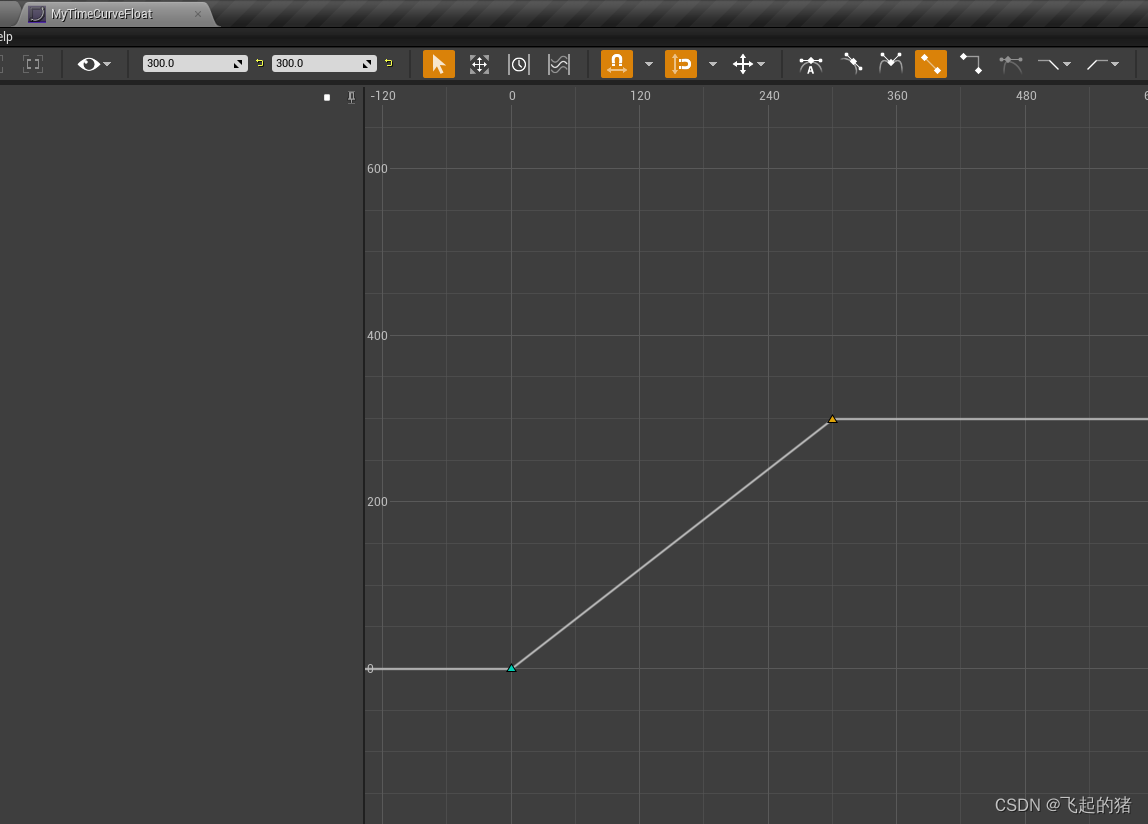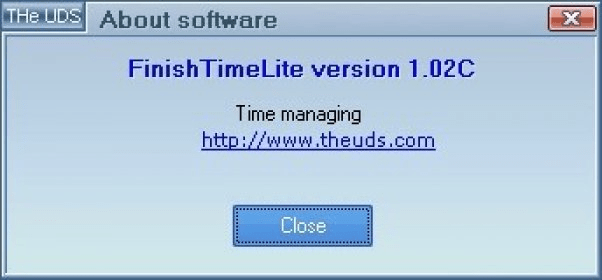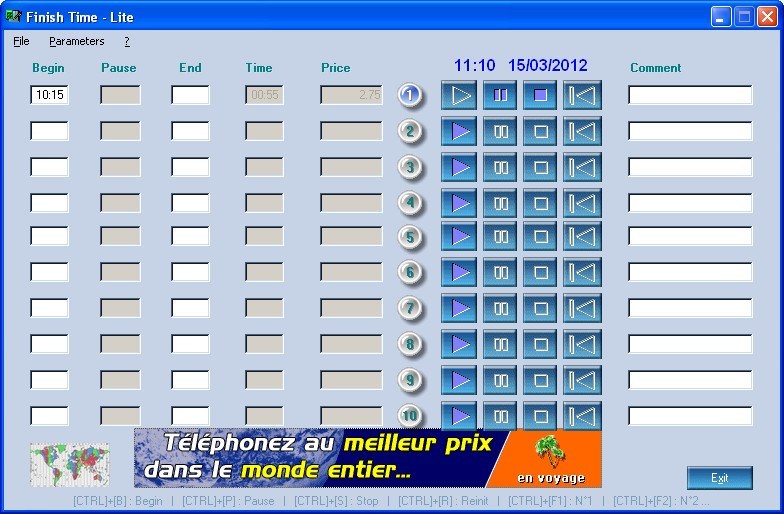
To maintain accurate timing, task events should be brief, involving only essential actions, before returning to experiment execution. For example, if a key is pressed during execution of a task event, echo of that input to the screen will be delayed until the task event terminates. Therefore, events can be delayed, or potentially missed completely.
Finishtime movie#
While a task event is processing, other events (including processing of input masks, painting of echo clients, termination of audio or movie playback, etc.) are blocked until the task event concludes. In addition, if the task event specified requires a significant amount of time (e.g., extensive script segments), timing within the experiment may be affected.


For this reason, the actions that may be defined are restricted. Task events typically occur during time-critical portions of an experiment.

It is important to consider the timing properties of the object when defining task events. It may be necessary to specify the StartTime or OnsetTime of the next occurring object as the Event. For example, if the desire is to set a task event on the FinishTime of an object, but PreRelease is set to “(same as duration)” (i.e., default setting), FinishTime is not the actual end time of the object. NOTE: If PreRelease is in use, it may be necessary to specify the Task Event on the next occurring object in the Procedure. If the desired Event is related to the participant's response, the Task Event should be configured on the object that enables the Input Mask (i.e., collects the input). For example, if the user would like to send a signal from E-Prime to an external device at the time the stimulus is displayed, the Task Event should be configured on the object presenting the stimulus. Task Events are configured on the object to which they are related, which is determined by the needs of the experiment. In this example, the display of the stimulus is the Event/cause that triggers the signal to be sent (i.e., Task/effect). For example, your experiment may require that a signal be sent to a port to indicate the time when the stimulus is displayed.
Finishtime serial#
Task Events can be thought of in terms of “cause and effect,” where the cause is the Event (e.g., incorrect response, click of a button, onset time of an object, etc.) that triggers the effect, or the Task (e.g., run a series of script commands, send a signal to the serial port, etc.). If New York during winter is your plan, prepare for cold weather and a chance of snow or rain.The Task Events feature in E-Prime expands E-Prime's synchronization capabilities by offering a wide variety of options to take action when specific time critical events occur during an experiment. If you will be running in Florida during the summer, expect there to be hot temperatures and humidity.

As you train for and run additional marathons, you can work toward beating your personal record (PR).


 0 kommentar(er)
0 kommentar(er)
